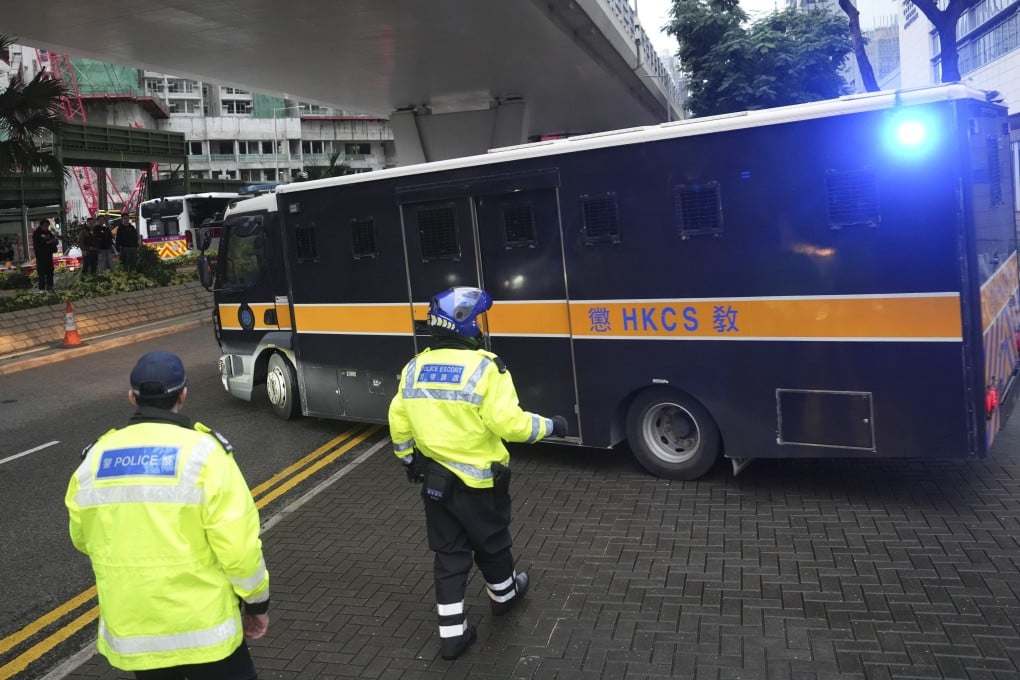My Take | Why the so-called 35+ plot was an attempted constitutional coup
It was no accident that a law expert specialising in various charters had convinced fellow ‘Hong Kong 47’ conspirators to trigger legislative crisis

Long before Hong Kong’s largest and longest-running trial under the Beijing-imposed national security law came to an end this week, most people had already made up their minds. So whether you agree with or are against the sentencing on Tuesday of the 45 defendants – two were previously acquitted – you would likely convince no one else, but be preaching to the choir.
But whether you belong to the one camp or the other, I think it’s possible to point to something that both sides may agree on before descending into a moral and political brawl.
Former law lecturer Benny Tai Yiu-ting was identified by the court as the initiator of the so-called election primary, a key step to create a “constitutional crisis” to bring down the Hong Kong government. He was handed the longest sentence of 10 years in jail. The other 44 defendants were jailed for 50 to 93 months.
Tai was a constitutional law expert specialising in comparing different constitutions. He was obviously well-versed in the city’s constitutional set-up under the Basic Law, sometimes called a “mini-constitution”.
I think he himself would agree that the plot – called “35+” by Tai and his convicted co-conspirators – amounted to a classic constitutional coup, with the understanding that such a coup need not be illegal, though it clearly was under the current court judgment. Of course, such legality is often determined by a power play as to who – the plotters or the overthrown officials – ended up being put on trial.
The purpose of such coups, executed well, is precisely that they are, at least arguably, constitutional and legal, even though the intention is the government’s overthrow.
Such a coup, by definition, doesn’t follow the spirit but only the letter of the law, and even that usually means exploiting loopholes and ambiguities in the constitutional text, or otherwise ill-defined legal procedures, to bring about the collapse of a government – and presumably replace it with your own boss or party. Hence it is a constitutional coup rather than a violent coup d’etat, a contrast that the Hong Kong court has explicitly drawn while stressing the one is no less serious than the other.

